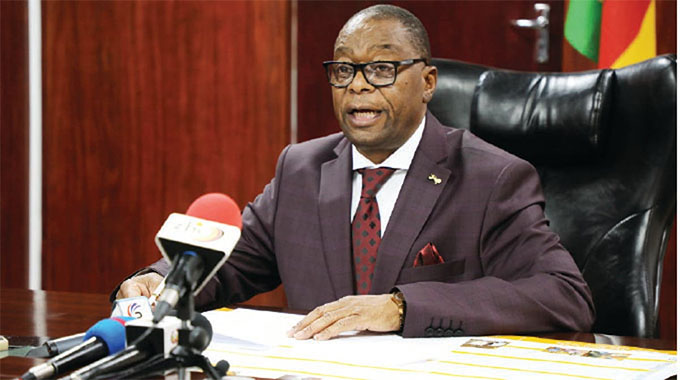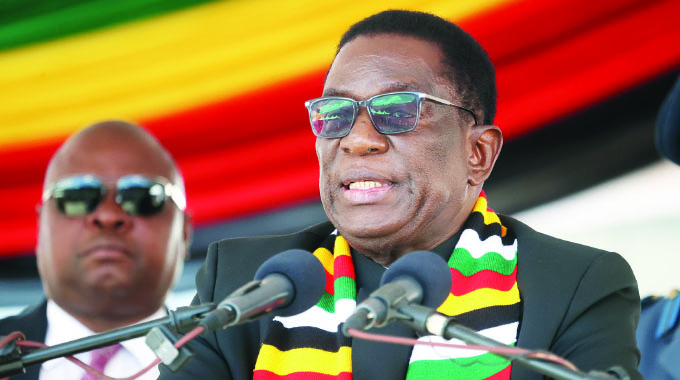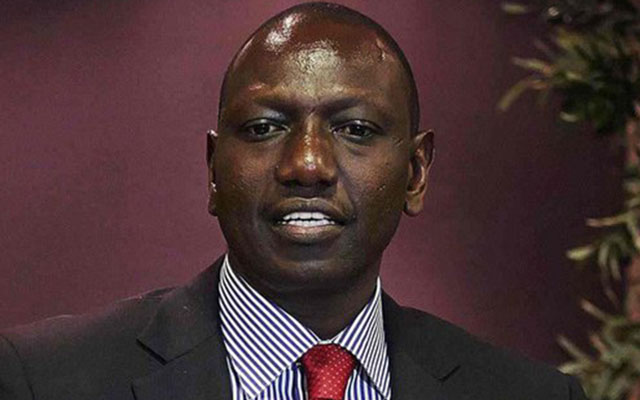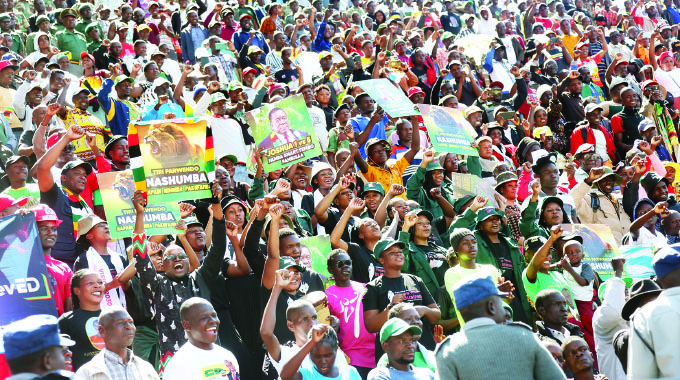
TEN districts in Zimbabwe have been declared cholera-free zones following targeted interventions by Government that have also led to a marked decrease in suspected new cases.
The country has been grappling with the current outbreak since February last year and has recorded 31 507 suspected cholera cases, 3 920 confirmed cases and 679 cumulative deaths.
In response to the outbreak, the Government, in collaboration with its development partners, launched a series of interventions aimed at containing the spread of the disease.
These included the provision of clean water, improved sanitation facilities and hygiene education to at-risk communities.
Addressing questions from journalists after the post-Cabinet briefing on Tuesday, Health and Child Care Minister Dr Douglas Mombeshora said districts that had not reported any cases over 30 days were declared cholera-free.
“Cholera is on a downward trend and I think it has been like that for the past three to four weeks. And when a district or an area does not report any cholera cases for 30 days, then we declare it cholera-free. So we now have 10 districts that have not reported cholera cases for the last 30 days, and these are Nyanga, Chimanimani, Makoni, Mwenezi, Kwekwe, Gokwe North, Chirumanzu, Matobo, Umzingwani and Binga,” said Dr Mombeshora.
He said this development could be attributed to several factors, including interventions towards addressing issues of water and sanitation and health education in the communities.
The World Health Organisation maintains that the cholera situation requires the urgent strengthening of water and sanitation systems, awareness-raising and engagement among at-risk and affected communities, enhanced surveillance, and improved case management.
The international health body says significant investments are also needed to implement longer-term WASH (Water Sanitation and Hygiene) strategies and achieve the Global Task Force on Cholera Control (GTFCC), which seeks to reduce cholera deaths and stop transmissions.
Immediate responses such as vaccination also complement these long-term efforts.
Minister Mombeshora said Zimbabwe’s vaccination campaign had been successful and contributed to the control of the spread of cholera in many districts.
“The vaccination programme that we carried out was to make sure that these efforts become much more effective. But this cholera outbreak is not yet over and we hope very soon we may be able to say it’s over,” he said.
Since the launch of the reactive Oral Cholera Vaccine (OCV) campaign on January 29, a total of 2 121 784 people received the vaccine, achieving a national coverage of 92 percent. The OCV campaign specifically targeted the 26 districts reporting the highest number of cholera cases.
While the cholera vaccine provides additional protection against infections, it does not replace other cholera prevention measures, which include regular hand washing, drinking treated or boiled water, safe disposal of solid, liquid and human waste, and observing food hygiene standards.
The WHO has said that vaccines are simply an additional tool to fight the outbreak, emphasising investment in water and sanitation infrastructure and increased waste management.
While significant progress had been made, Minister Mombeshora said the country could not yet be declared cholera-free as there was still more that needed to be done to attain that status
“We cannot declare that Zimbabwe is free from cholera because we still have districts which are reporting cholera. So we are saying we are going to do it, we are on the right track,” he said.
Herald




